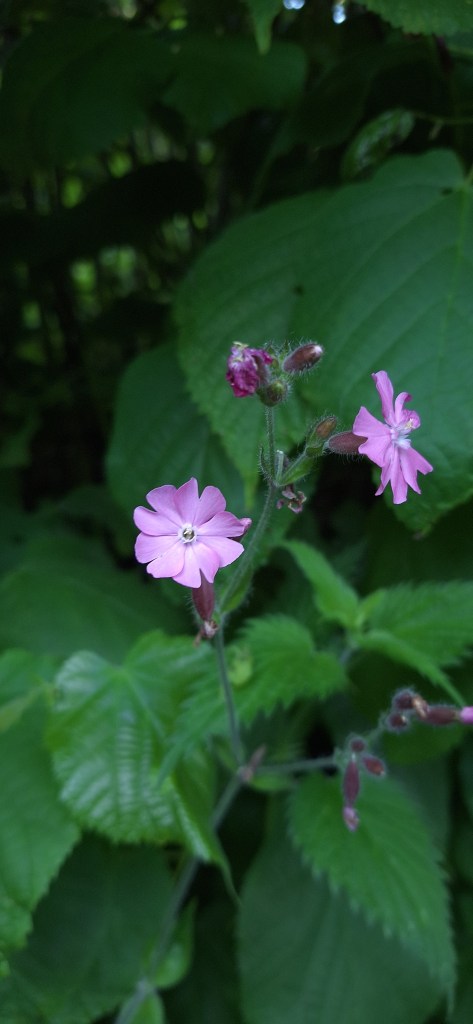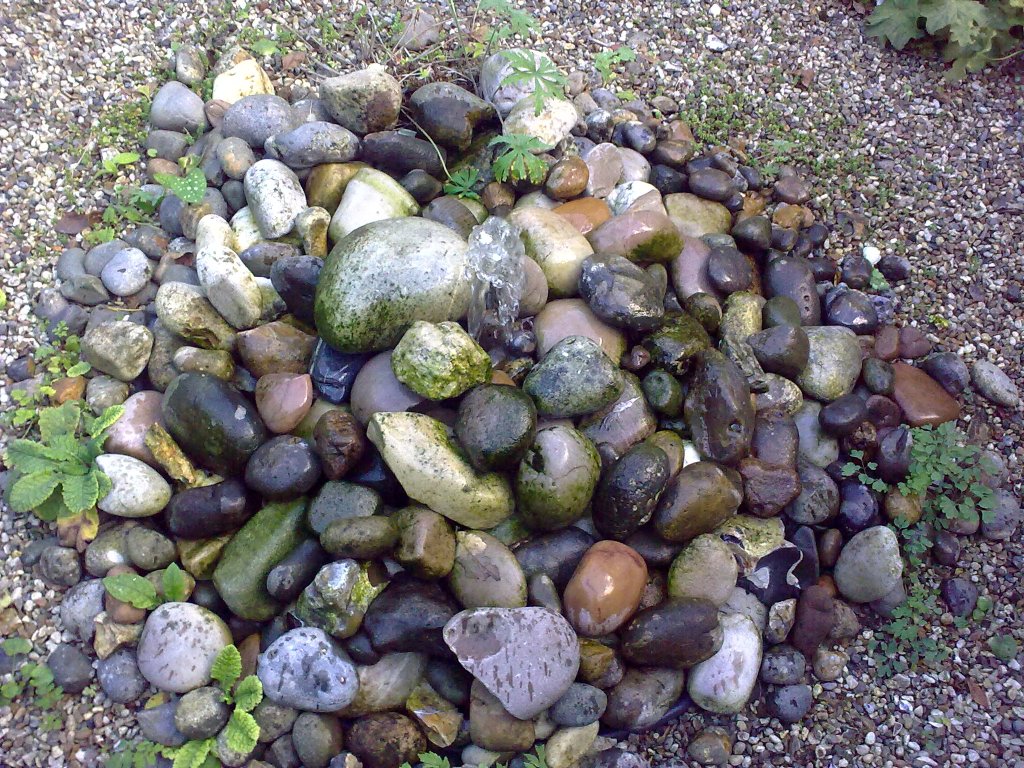
One Sunday afternoon in heaven, a wing of Guardian Angels met God and he noticed their glum faces.
“Why are you looking so miserable”, God asked.
“We’re bored” they replied.
“How can you be bored! You have so many humans to look after, and animals too.”
“That’s the trouble,” Angel Anthropos said. “Many of the humans aren’t much fun and right now so many of them are anxious and sad.”
“Some are downright wicked” said Angel Pax.
Angel Vocalis, ever one to put in its opinion, added that, “many are just dull.
“and,” said Angel Gloriana, “so many of them keeping asking for things for themselves. Some of them think they are so important that they want bigger and better homes, cars, boats, holidays. They are possessed by their possessions. They don’t care about anybody else. Angel Anthropos concluded, “There is no joy or colour in their lives.”
God smiled at his little group of angels whom he loved so dearly. Then he shook his head and sighed, “I know just what you mean. So many dark things are going on at the moment, causing many of the little ones to suffer. The vulnerable ones have so many things to deal with. That’s why they need their Guardian Angels now more than ever.
The Angels twitched their wings and began to feel guilty, though God reminded them that there in no room for guilt in heaven. You must brush away your guilt with love. Go and love those in your care more than ever.
They knew God was right, of course, but it was hard to do that right now.
Then God smiled. “I know a way to cheer you up, and maybe some of the humans too.”
He beckoned them into his studio where he kept his art material. It was the Creative heart of heaven where God made things.
The Angels noticed the design of a tiny flower. Angel Vocalis said that, though it was pretty, the flower didn’t look that much. It was hardly worth making. Then he flung a wing over his mouth, “Sorry, Father God, I shouldn’t have said that.” “Don’t worry,” God replied, “who gave you your mind to think, to have opinions, to speak. But let me tell you about this flower.
As you say, it’s tiny and most people won’t notice it. It could so easily be ignored. That’s why I’ve painted it pinky-purple with dark foliage – and there’s something I want to show you but I need all your help.”
The angels looked at God expectantly.
“I’ve made lots of copies and I need you to colour them in for me. Now get on with that whilst I go to Evensong and listen to all the voices singing throughout the world, and listen to their prayers.
After God had gone, the Angels got busy and carefully and quietly painted the flowers and the foliage. A hush descended as it often did when they were doing creative things.
It also helped that they were absorbed doing part of God’s work. As they worked skillfully, they remembered how much of Himself God poured into the things he made – including themselves. The secret was that everything was made by Love as love.
When God returned he brought the Holy Spirit with Him and together they examined what the angels had done. “Tove!, Tove!” said the Spirit, which was a Hebrew word meaning Good, Beautiful.
The angels were pleased because God was pleased.
They all looked at their paintings and loved them. The tiny flowers were bursting with life.
God agreed that they were little and would be dwarfed by bigger, brighter, more showy flowers. Some would be hidden by the grass and would be mown when the grass was cut but God had a plan, as always!
First, he explained something very important. He told the angels, “It’s not always the big flowers, or the big things or big people who show people what I am like, nor is it always by big gestures that people serve me. My dear daughter, St Teresa of Calcutta , once reminded people that we don’t necessarily do big things in our life but rather little things with a big love. These little flowers are signs that we can bring beauty and peace and love to others by the little things we do – smiles, thoughtfulness, acts of kindness, just ordinary things which make others feel better and wanted and loved.”
“Now put your paintings next to each other”.
When they did, there was a carpet of colour and the table, the floor, everywhere was covered in beauty. Then God, the Holy Spirit blew on them and the little flowers came alive and danced, and danced. And as they swirled to the music the Holy Spirit made, tiny seeds flew from the flowers. “Catch them!” said God, and they did.
“Go now” said God as he smiled on them and they were filled with joy. “Be off with you to the earth especially to dark and sad and lonely people who need brightening up, but go everywhere – cast the seeds all over the place. It’s the tiny seeds of love which bring joy to life, even in the difficult and broken places. Place some of your seeds gently in the cracks and reclaim people’s hearts with beauty and love. May these little flowers bring hope and joy and remind people that little things make a big difference, especially when those little things are joined to each other in a big carpet of love and care.
“Tove! Tove!” said the Holy Spirit, blowing God’s love over them… and they went gladly and willingly.

It is in little things that we show people what God is like. Simple things like caring, smiling, showing people that they matter and are valued, holding a hand, giving a hug, acts of practical kindness, praying for people, breathing God’s love over them. It is such things that really change the world and make it a better place.
Every time you see a little flower, give thanks to God for making it and breathing the same love into it as He does into us …. And remember the words from the Book of Genesis: “and God saw all that He had made, and it was very good”.
[Mr G]



